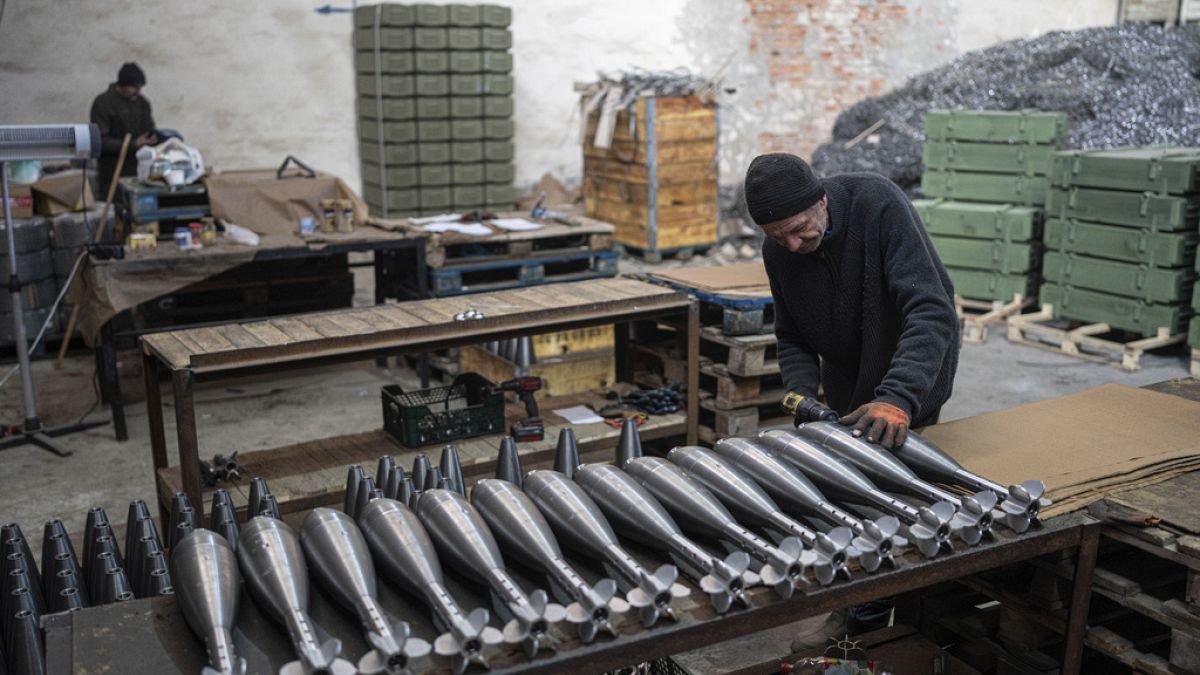Europe is facing increasing influence from radical and far-right forces on issues ranging from immigration to agriculture. While boosting defense capabilities is a shared goal, the extent and approach vary among different political families and countries. The Chair of the Security and Defence subcommittee, Marie-Agnes Strack Zimmerman, advocates for a European army and closer partnerships to fill capability gaps. However, radical and far-right MEPs within the subcommittee, who make up over a quarter, hold nationalist ideologies that may clash with such proposals. The question of how to boost defense funding at the European level, including the use of eurobonds, remains a point of contention.
Some radical and far-right MEPs from smaller EU member states emphasize the importance of NATO as the cornerstone of European defense. While they agree on the need to enhance EU member states’ capabilities and seek a greater role within the transatlantic military alliance, they prioritize individual nations’ defense readiness. Despite supporting the European defense industry to strengthen NATO contributions, ideologies remain divided along geographical lines. Cooperation at the EU level to bridge capability gaps is also a point of debate, with considerations for joint efforts among member states.
Securing funding for EU defense capability gaps is a pressing issue, with significant orders from outside Europe and a projected shortfall of €50 billion over the next decade to compete globally. While member states have agreed to enhance cooperation and fund joint projects, finding alternative financing methods such as common debt issuance remains contentious. The EPP commissioner-designate, Andrius Kubilius, is open to exploring such options, while some MEPs advocate for a decentralized approach to defense spending.
The establishment of a European army is a long-term goal for some MEPs, with the existing Rapid Deployment Capability serving as a foundation. Far-right MEPs express reservations about further military integration beyond NATO capabilities, highlighting concerns about encroaching on national sovereignty. The idea of integrating third countries into the EU’s single market for defense, particularly the UK as a strategic partner, receives mixed reactions. While some support inclusion under certain conditions, others oppose the concept as a tool of globalism.
The diverging views among radical and far-right forces make it challenging to reach a consensus on shaping Europe’s new defense strategy. While the need to enhance defense capabilities is acknowledged, ideological divides, particularly concerning the role of NATO and the EU in defense, pose significant hurdles. The balance between national sovereignty and collective security interests shapes the debate on funding, military cooperation, and the future of a European defense union. As Europe grapples with evolving security challenges, finding common ground among political factions will be essential to strengthening the continent’s defense posture.










